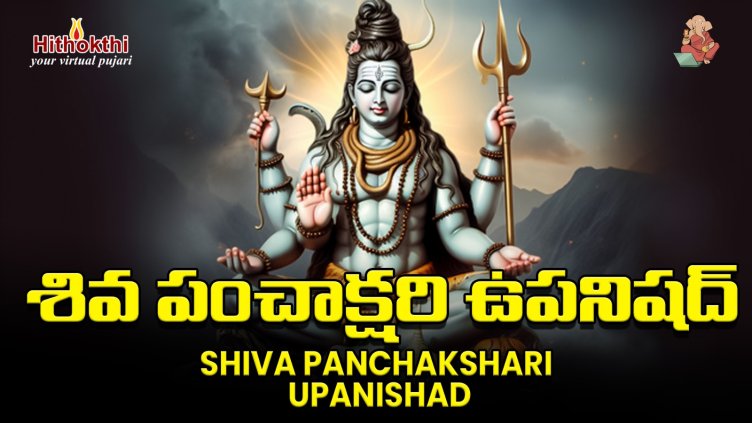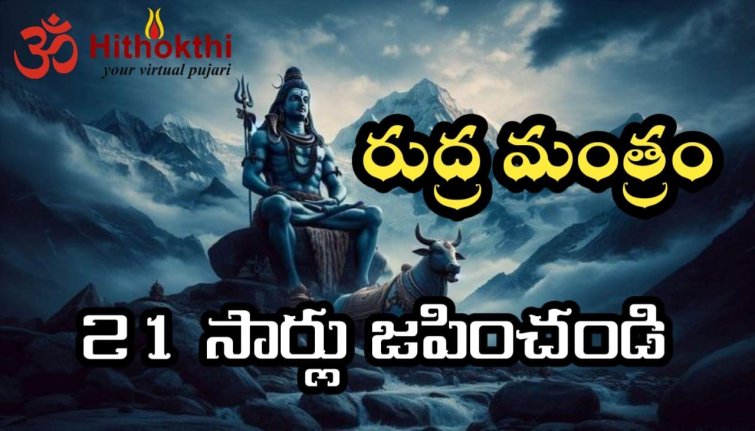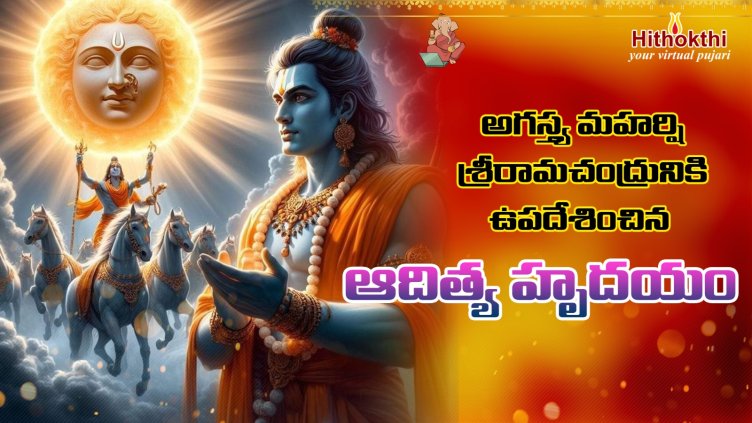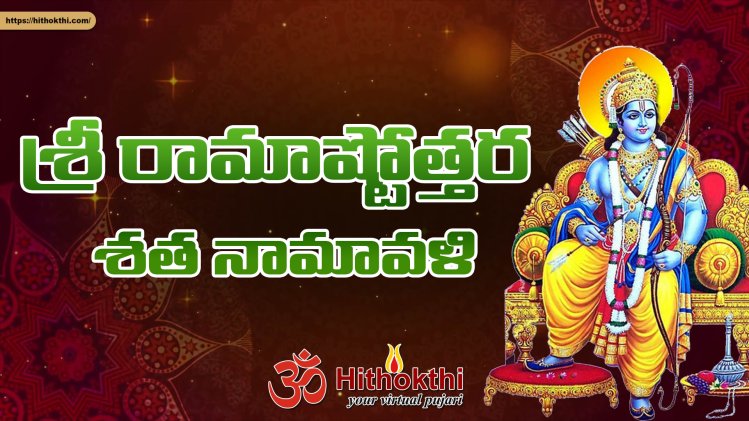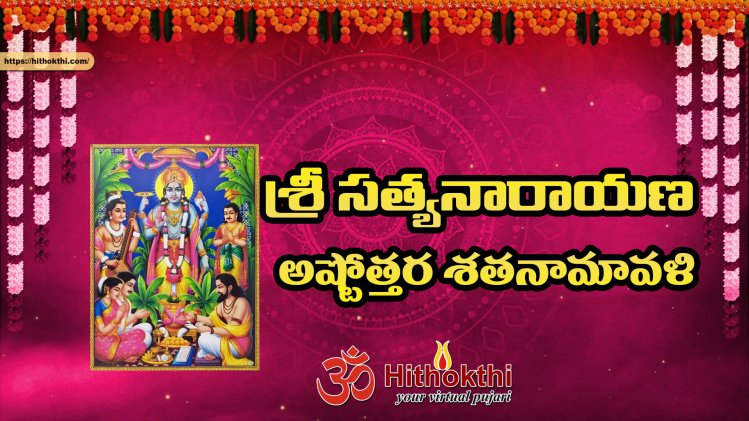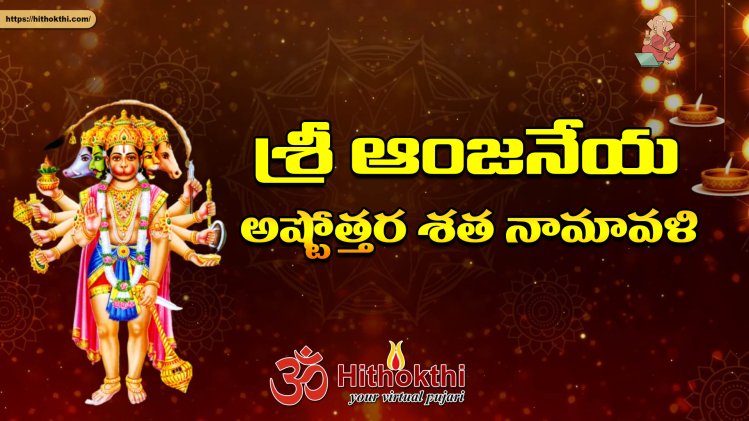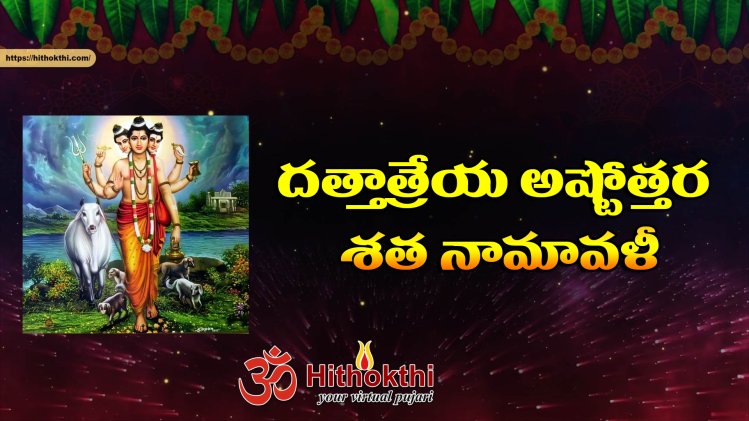Parihara Sthala: Sree Vidya Amibigai Samedha Bheemeshwara Temple

Chennai, July 6, 2013: Sree Vidya Amibigai Samedha Bheemeshwara Temple situated at Mudichur is well known as a Parihara sthalam. Numbers of devotees approach this temple, to pray for their children to get married soon.
It is said that, if one ties yellow turmeric thread to the steel rods around the sanctum, their prayers will definitely be answered and their children would soon get married. Many have obtained these blessings and after marriage they come here to remove the thread and offer an Abhishekam to the lord as a token of gratitude. Since each thread has been given a unique number they can be identified easily. It is said that this place became famous due to the couple Kameshwaran-Vasuki, who got married here.
Kameshwaran was a Shiva devotee. He had found a Shivalingam and started worshiping it in a small shrine here. Another man called Vishwam also lived in the same village with his adopted daughter Vasuki. Kameshwaran and Vasuki wanted to get married but Vishwam was against it. Due to Kameshwaran and Vasuki’s sincere prayers to Lord Shiva, He appeared before Vishwam in disguise of the temple Gurukal and asked him to bring Kameshwaran and Vasuki to the temple. Since Vishwam could not go against the words of the Gurukal he got them married in the shrine. Lord Shiva and Parvathi appeared before them and gave their blessings to the couple, who were spell bound seeing them. And hence the place came to be known as Manamudichanallur(a place where marriage happens). As years went by, this place came to be known as Mudichur.
Even today, hundreds of eligible men and women go around the Nagapeetam outside the temple and also tie yellow threads around the Sanctum praying for their successful marriage. The Shivalingam worshipped by Kameshwaran was called Parameshwaran, after the avatar Lord Shiva took to get them married. Slowly he came to be known as Bheemeshwara which is how he is referred to today. The Goddess is a manifestation of the three devis and is called SriVidyambigai. The temple is a good example of Shaiva - Vaishnava unity. The temple complex houses Sridevi Bhoodevi Samedha Damodhara Perumal. It is believed that Saint Ramanuja had given a Pravachanam here on his way to Shriperumbudur.
The temple had been badly damaged during the Manimangalam War fought between Narasimha Varma Pallava and Pulikesi II. Since then, it is said that it lay covered with thick bushes and there were many snakes and hence no worship happened. The only activity in the temple used to happen on Karthigai Deepam day when a huge lamp was lit on the 1300 year old lamp post opposite to the Damodhara Perumal Shrine. The lamp post stands even today tall and beautiful. It is only in the 1980s that the local youth got together to clear all the bushes, and repair and reconstruct the shrines. Today the small temples of both Perumal and Shiva are well maintained with a number of flowering plants all around the shrines. Karthigai Deepam festival is a very important festival in this temple. Lighting of Sokka Panai and Theppam Festival happen during the month of Karthigai. The tank is large and is fenced to prevent people from bathing in the deep waters.
However, a lot could be done to clean and maintain the tank. There is a Hanuman shrine to the opposite of the Perumal sanctum, and a small shrine for Garudalwar in front of the ancient lamp post. The left side of the temple complex is made up of the Vidyambigai Samedha Bheemeswarar temple and the shrines found around it are Vinayaka, Muruga, Navagraha, Chandikeshwara, Durga, Bhairava and Chandran. Most of these idols are made from Natural Moon Stone (Chandrakanta Stone) and hence are unique in their own way. Worshipping Chandra made from Chandrakanta stone is said to rid one of all doshams. A few metres away from the temple, is a huge Peepal Tree (Aala maram). Big enough to shoot Panchayat scenes in Tamil movies. Under the Peepal Tree, is a shrine for Aalavatta Amman, a frontier Goddess for this region. The official timings of the temple are 7 am to 10 am in the mornings and 5 pm to 8 pm in the evenings.
Source: Chennaionline, DT. July 6, 2013.

